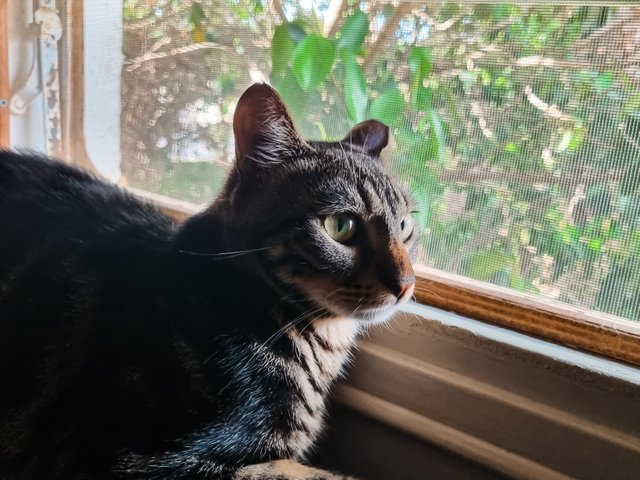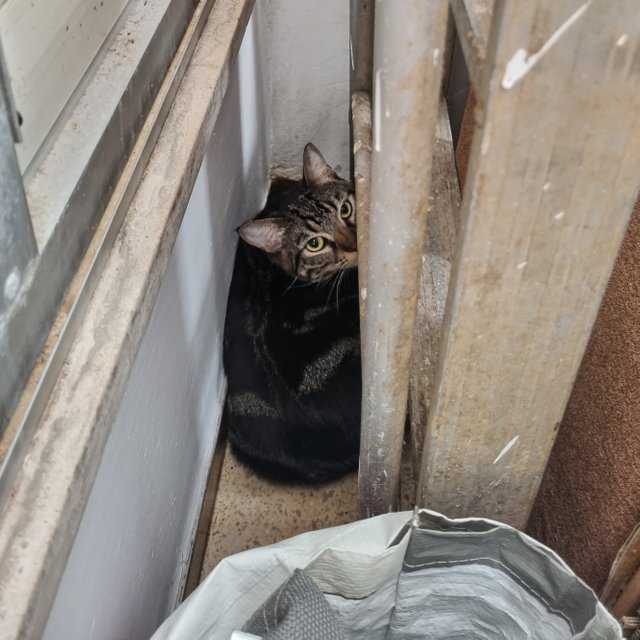Caring for Cats During Missile Attacks

In times when active fighting continues in Ukraine and Israel, we worry about our own lives and health. However, we should not forget about our pets. As a cat lover and owner of two adult cats living in a conflict zone, I want to highlight some important aspects of caring for them in such difficult times.
Cats, like other animals, often show anxiety during missile attacks and loud explosions. Their reactions are usually caused by high levels of stress and fear from sudden and loud noises. Here are some typical reactions of cats in such situations:
Seeking Shelter:
Cats usually try to hide in safe places like closets, under the bed, or other cozy corners where they feel protected.Increased Anxiety:
Cats may panic. They might run around the house, show heightened nervousness, or tremble.Freezing or Attempting to Escape:
Some cats may freeze out of fear, staying still to appear unnoticed. Others, on the contrary, may try to escape, even if they don’t know where to run.Behavioral Changes:
A cat might become more aggressive or, conversely, more affectionate, seeking constant contact with its owner.Changes in Appetite and Litter Box Habits:
The cat may temporarily refuse to eat or drink and might have issues with using the litter box, relieving itself in unusual places.

To help your cat cope with stress during missile attacks, you can:
— Make the place where your cat usually hides safer — line it with soft materials or cover it to make it darker.
— Try to stay close to them, if possible, to help the cat feel more confident and secure.
— Consult a veterinarian to find the right sedative to reduce stress levels.
💰 TRX: TDLzbmw7YnHybCWA3B4KrHH2TbvU6QcBoG
